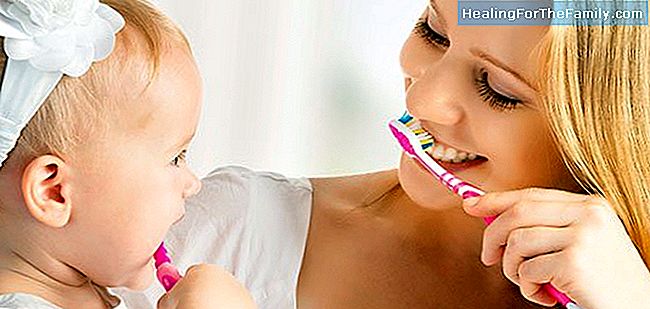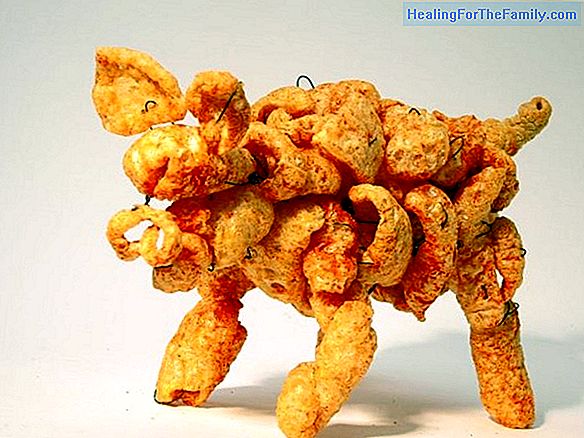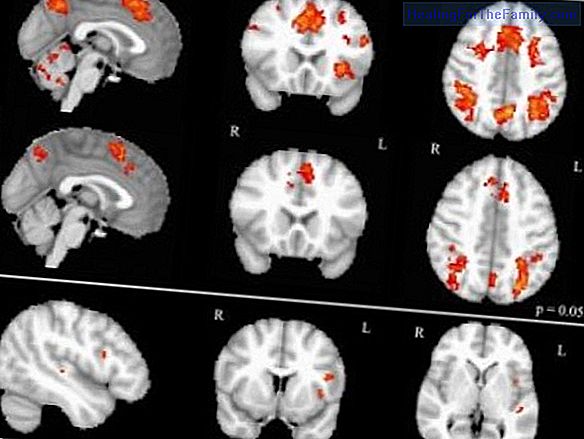Can children inherit tooth decay?
Tooth decay is the destruction of the dental tissue by an infectious cause. That is, they produce bacteria, which metabolize the sugar in food and transform it into acids. These acids initially demineralize the enamel making a white spot, which later becomes yellowish and penetrates the inside of th
Tooth decay is the destruction of the dental tissue by an infectious cause. That is, they produce bacteria, which metabolize the sugar in food and transform it into acids.
These acids initially demineralize the enamel making a white spot, which later becomes yellowish and penetrates the inside of the tooth. Finally, decay can end up completely destroying a piece, which will be broken into pieces, usually leaving the roots or part of them inside the bone. But, the big question is: can tooth decay be inherited?
What causes tooth decay in children's teeth

For decay to occur, it is essential that the following factors converge:
- Bacteria.
- Sugars.
- Time of action of the sugars (frequency with which they are taken, adhesiveness of the food).
- Biological conditions that increase the susceptibility to caries, for example the use of medication for asthma.
- Time of action of sugars.
In short, caries appear when there is an imbalance between demineralization and remineralization, between risk factors and protection factors (saliva protects, brushes protect, fluoride protects). Can a child inherit the decay of his parents?The child
does not inherit the cavities
. For tooth decay there must be teeth, because streptococci do not penetrate inside the mucosa until they reach the tooth before it erupts. The teeth can have congenital defects that predispose them to have cavities, but that only does not produce cavities. What are 'inherited' arefamily customs and lifestyle
. If at home there are products to peck between hours, if the parents consume fruit occasionally, if the vegetables just enter the house, if we disguise the flavors with ketchup, in that family there will be more incidence of decay than in another with healthier habits. Flavored yogurts, juices, box cereals, sliced bread, French fries should not be part of the daily idea and, in any case, never for children under 2 years of age. The bacteria in the caries can be transmitted to the childrenAnd of course
if the parents have a lot of cavities, the children will also have a problematic mouth
. Having active cavities means having very high levels of caries-producing bacteria. These bacteria are transmitted by direct contact blowing the child's food, cleaning the pacifier with saliva contaminated with this particular type of germs, giving kisses in the baby's mouth, etc. The recommendations for parents who do not want their child to have cavities is, first of all, that they fix their mouths. If few bacteria reach the child's mouth, they can metabolize little sugar. If there are few bacteria and little sugar, the better. And if we protect with brushing and fluoridated paste, better yet. To say that decay 'is hereditary' implies that the father thinks that he 'can not do anything' because he can not interfere with his son's genetic load. Nothing is further from reality. Reducing sugars to a minimum or establishing constant hygienic habits is an important effort for the family, but this effort has a benefit for the child's whole life.












